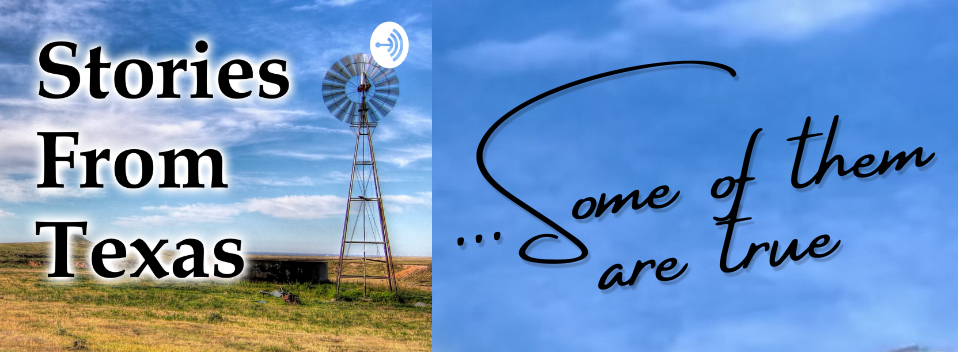
Stories From Texas
Loading...
Document Type
Article
Publication Date
10-4-2017
Abstract
Anytime I hear someone say something like this: “Y’all ‘bout fixin’ to head out?” I think it’s highly likely that they are from Texas. You have y’all and fixin’ to in the same sentence and a couple of contractions. We do love our contractions, which, if you don’t recall from your halcyon days of grammar school, are words squeezed together to make shorter ones, with apostrophes standing in for what’s missing.
“Y’all” of course, is our most famous contraction. But we have even extended its usefulness by placing “all” in front of it to form “all y’all.” It is well known that y’all describes two or more and all y’all could mean five or 500. And we even use all y’all possessively as in “y’alls’s.” I heard this sentence at a barbecue two weeks ago: “Y’all need to move all y’alls’s trucks so Carlos can leave.”
Now that y’all have heard this, I know y’all are gonna start wanting to practice your possessives, but try to wait till the lesson is finished. I’ll let you go in two minutes.
We can also use an interesting contraction for something that is owned by at least two people. “Whose dog is this?”
“Oh, that yorkie is our’n.” Our’n is a contraction of our own. It’s our’n. The expression is a bit archaic – on its last legs, so to speak – but still around if you listen carefully.
The king of contractions I believe is y’all’d’ve. It has three apostrophes in it. Three! You have to admire the muscular nature of that contraction. y’all’d’ve. You all would have. And here’s how you use it: “y’all’d’ve loved it if y’all’d’ve come.” Now just stand back and take in the magnificence of that sentence. 12 words reduced to six! That, ladies and gentlemen, is the very soul of linguistic efficiency.
Cousins of y’all’d’ve are she’d’ve and he’d’ve. She would have or he would have. “I figure she’d’ve married him if he wudn’t such a ne’er-do-well.” Or, for a more modern take, “He’d’ve already lost 20 pounds, if he’d’ve stuck with that low carb diet.”
I’m sure you’ve heard of “would’ve, could’ve, should’ve” as a kind of mantra of regret over what might have been. My father was fond of it. It was his way of teaching me that I could not change the past, but the future was quite pliable.
Similar to a contraction is a hybrid word, or as my friend and linguistics professor Lars Hinrichs calls them, portmanteau words. These words are comprised of two words. “tumped” is one such word. “I tumped over my coke.” It is a combination of tipped and dumped – tumped. I don’t say it myself, but it is common in Texas and throughout the South.
“Spanglish” is a portmanteau word. It combines the words Spanish and English to describe the tendency to merge the two languages with expressions like mandar un mail (send an email) or googlear – to google something.
Hangry is a modern portmanteau, combining, of course, hungry and angry. “I’m mighty hangry for a Whataburger.” Certainly a useful word. Chillax, too, is quite in vogue these days.
And for a more Texcentric take on these hybrids we have: “texplain” – to explain Texas to others; “texpatriate” – one who lives outside of Texas but still longs for home; and “texcellent,” which needs no explanation.
That’s our linguistics lesson for today. Y’all’d’ve liked it a lot more if y’all’d’ve been listening instead of repeating everything for your immediate amusement, but that’s okay. As long as all y’all had a good time.
Format
.MP3, 192 kbps, 5.93 MB
Length
00:04:19
Language
English
Notes
https://www.texasstandard.org/stories/on-yalldve-tumped-and-other-texan-language-staples/
Recommended Citation
W. F. Strong. "On Y’all’d’ve, Tumped And Other Texan Language Staples" *Stories From Texas*. Texas Standard. Podcast audio. October 4, 2017.
https://www.texasstandard.org/stories/on-yalldve-tumped-and-other-texan-language-staples/
https://scholarworks.utrgv.edu/storiesfromtexas/72

Comments
© 2017 William F. Strong. Uploaded with permission of copyright holder.